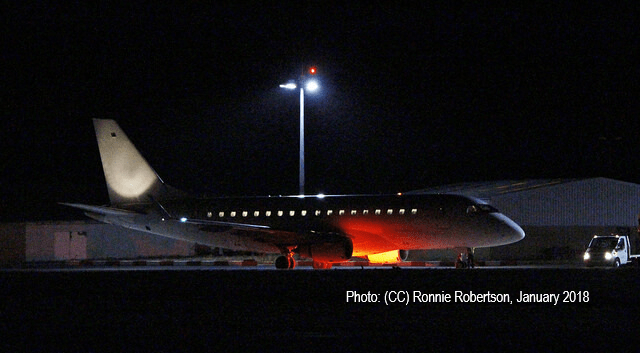In the first nine months of the year, six out of ten appeals by Afghan asylum seekers were decided positively by administrative courts. A deportation flight to Afghanistan is scheduled for next week. Interior minister wants to blur deportation ban to Syria. Unused resettlement places moved to next year.
Between January and September 2020, administrative courts in Germany have granted protection to 5,644 Afghan asylum seekers who had lodged an appeal after their asylum claim had been rejected at first instance by the Federal Office for Migration and Refugees (BAMF). A total of 9,557 Afghan asylum seekers had appealed their negative asylum decisions, thus the second instance correction rate amounts to 59,1 %. The statistics were provided by the federal government in response to a parliamentary question posed by member of the German Bundestag Ulla Jelpke from the party Die Linke. Commenting on the high number of corrected cases, Jelpke criticised that the decisions made by the BAMF, which reports to the ministry of the interior, reflected restrictive policies, and called for this to be urgently addressed. A failure could risk people eligible for protection being deported to Afghanistan, Jelpke warned. Facing criticism over the quality of first instance asylum decisions, the BAMF argued in a statement on twitter that the court decisions were mainly caused by changed circumstances in Afghanistan related to the pandemic, and that these changes only occurred after the BAMF had drawn decisions on the concerned cases. Referencing recent judgements, the BAMF further highlighted that there is no clear positioning by Higher Administrative Courts in regards to the effects of the pandemic in Afghanistan.
According to the Bavarian Refugee Council, a deportation flight to Afghanistan is scheduled for 16 December, which would be the first deportation to Afghanistan since the outbreak of the pandemic. In November, a deportation flight to Kabul was cancelled last minute, reportedly due to concerns linked to the pandemic by Afghan authorities. Health authorities in Afghanistan estimate that about one third of the country’s population has been COVID-19 positive, with an even higher rate of 50% in Kabul, the destination of deportation flights. This serious health hazard adds to the general risks for people returned with widespread terror and violence across the country. For the second year in a row, Afghanistan was ranked the least peaceful country in the world in the Global Peace Index 2020. ECRE and other organisations have repeatedly expressed their concerns over forced returns from EU countries to Afghanistan and urged that cooperation with Afghanistan should address the underlying drivers of instability and violent conflict in the country, rather than focusing rigidly on return.
Possible deportations to Syria have also made headlines in recent weeks, because Minister of the Interior, Horst Seehofer, has repeatedly called to end the existing general deportation ban to the war-torn country. Instead, he advocates for assessing cases individually, at least in regard to people considered criminals or posing a security threat. The general ban on deportations to Syria dates back to 2012 and has been annually approved since, at the conference of interior ministers which this year is taking place this week. In a joint statement, ECRE members Pro Asyl and Der Paritätische Gesamtverband along with other organisations call to prolong the general ban on deportation to Syria, highlighting systematic and widespread use of torture in Syria and that the cooperation required to implement deportations would run contrary to sanctions against members of the Assad regime. A decision will be drawn at this week’s conference based on a report by the Ministry of Foreign Affairs on the situation Syria and results will be shared on 10 December.
According to a spokesperson of the Ministry of the Interior, this year’s unused resettlement places will be transferred to the next year. With 1,178 people resettled in 2020, only a fraction of the annual quota of 5,500 people were resettled due to COVID-19 restrictions. The programme provides one of the few safe and legal channels to Germany.
For further information:
- ECRE, Germany: Secondary Arrivals from Greece, Return Flight to Iraq, September 2020
- ECRE, Germany: Covid-19 impacts Family Reunification Procedures, June 2020
- ECRE, COVID-19 MEASURES RELATED TO ASYLUM AND MIGRATION ACROSS EUROPE, May 2020
- AIDA, Housing out of reach? The reception of refugees and asylum seekers in Europe, May 2019
- AIDA, managed by ECRE, The implementation of the Dublin III Regulation in 2018, March 2019
- ECRE, Germany: Further restrictions and political differences on family reunification, April 2018
- ECRE, Germany: proposals to uphold suspension of family reunifications despite drop in potential applicants, January 2018
Photo: (CC) Ronnie Robertson, January 2018
This article appeared in the ECRE Weekly Bulletin. You can subscribe to the Weekly Bulletin here.

